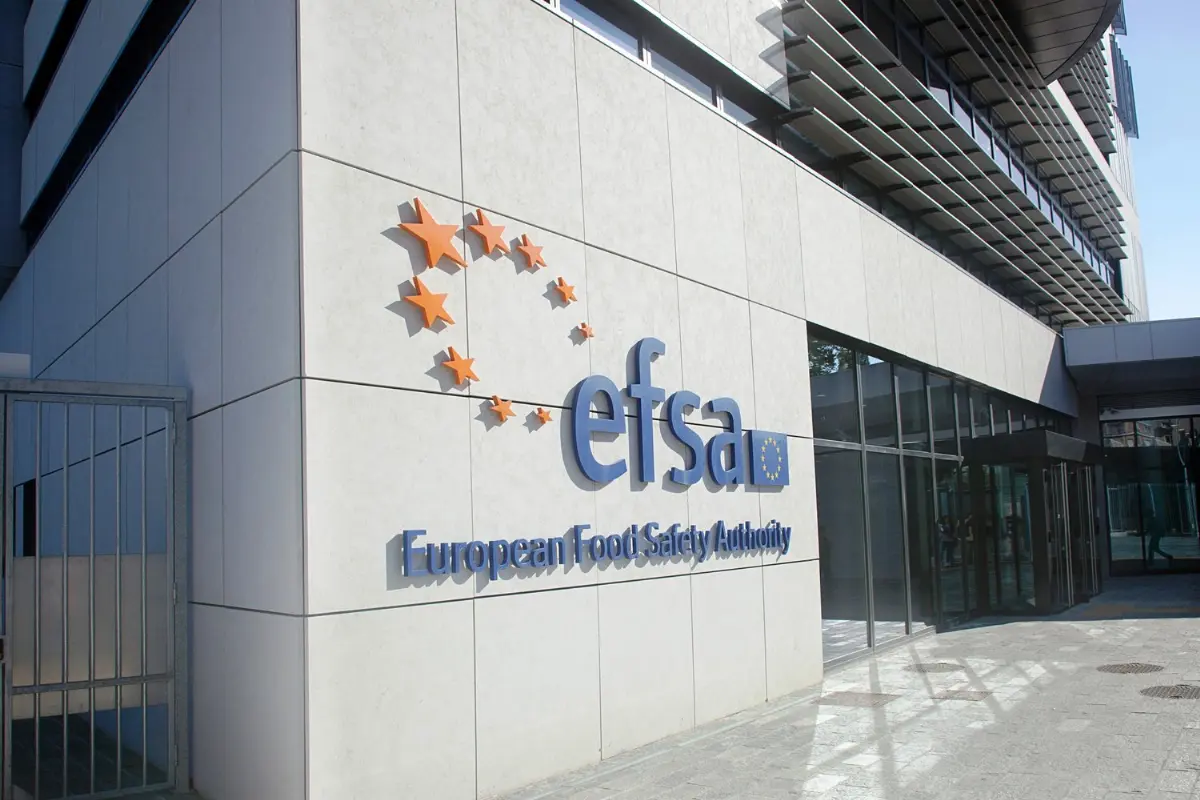
Do you want to access to this and other private contents?
Log in if you are a subscriber or click here to request service
Nitrosamines in food: cancer risk and DNA damage?
An EFSA report warns in particular about meat-based products /Annex

Consumer exposure to nitrosamines, compounds that can form in food during its preparation and processing, raises a health concern. This is the finding of EFSA’s assessment on the public health risk related to the presence of nitrosamines in food. Ten nitrosamines found in food are carcinogenic (can cause cancer) and genotoxic (may damage DNA).EFSA consulted external stakeholders on its draft opinion a...
lml - 30358
EFA News - European Food Agency
EFA News - European Food Agency